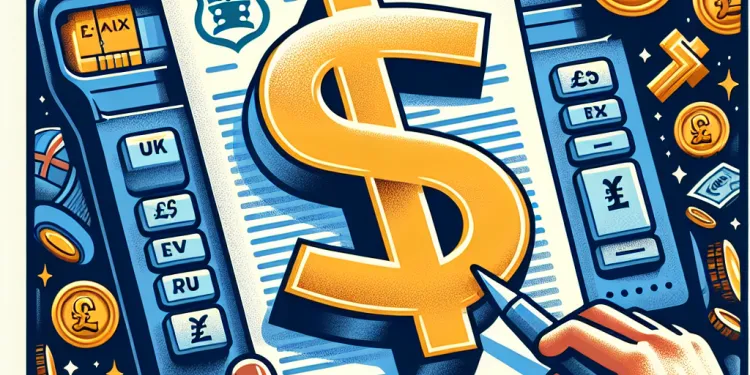
Find Help
More Items From Ergsy search
-
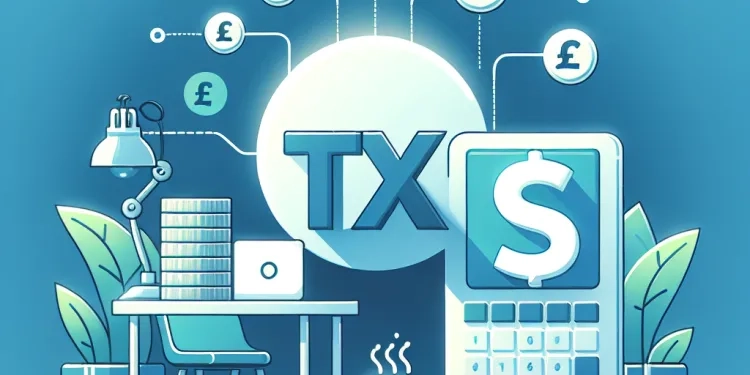
HMRC Tax Refund letters
Relevance: 100%
-
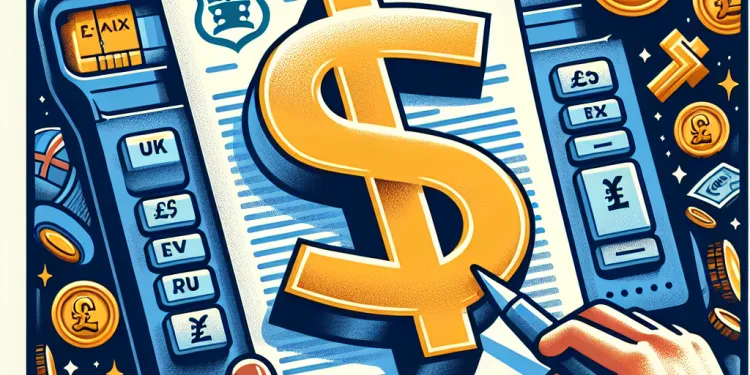
What is an HMRC tax refund letter?
Relevance: 97%
-

Why did I receive a tax refund letter from HMRC?
Relevance: 84%
-

Do I need to keep my tax refund letter for future reference?
Relevance: 71%
-
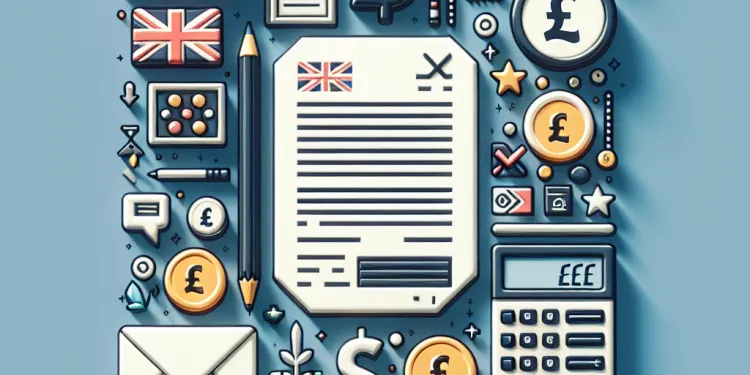
I received a tax refund letter, but I haven’t overpaid any tax. What should I do?
Relevance: 69%
-
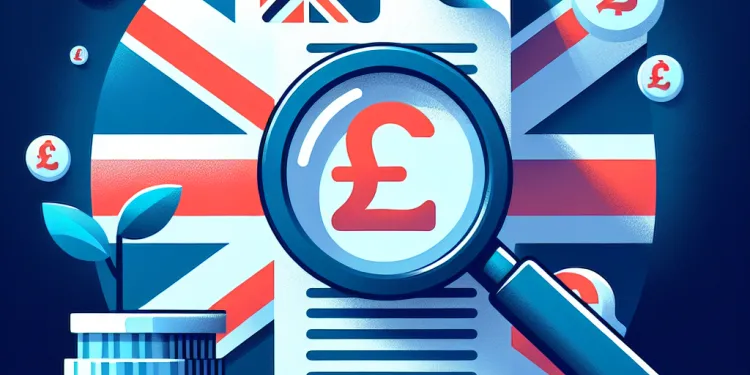
How can I verify that my tax refund letter is genuine?
Relevance: 69%
-
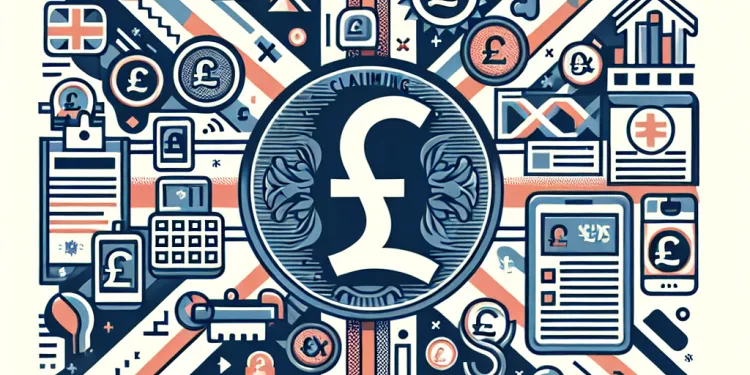
How do I claim my tax refund from HMRC?
Relevance: 67%
-

Will HMRC contact me via phone or email regarding my tax refund?
Relevance: 64%
-

How long does it take to receive a tax refund from HMRC?
Relevance: 61%
-
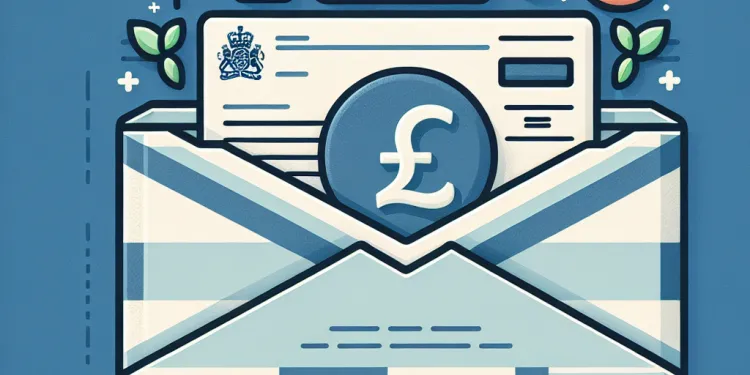
Is the tax refund amount taxable?
Relevance: 49%
-

Can my tax refund be applied to my future tax obligations?
Relevance: 48%
-
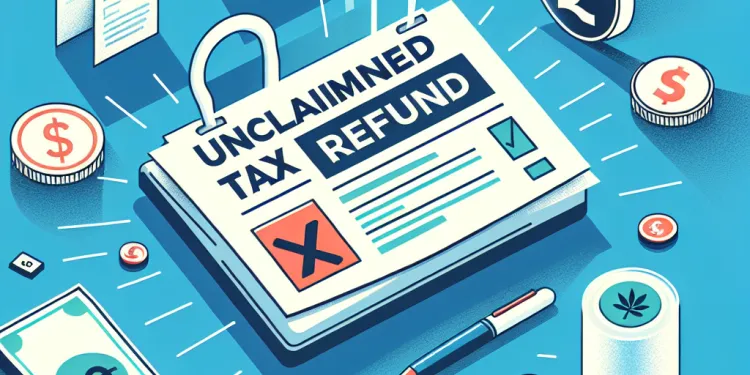
What happens if I do not claim my tax refund?
Relevance: 47%
-
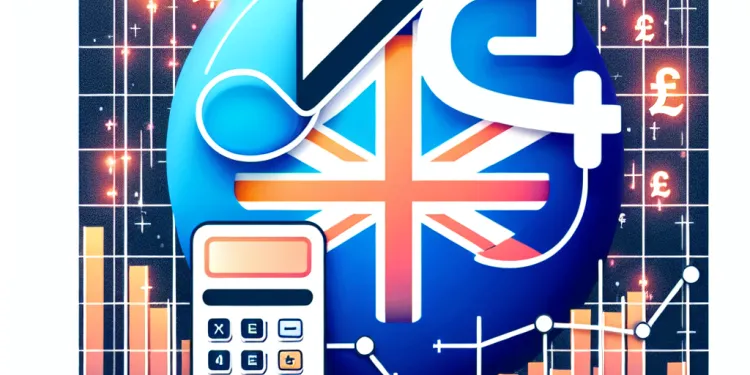
How is the tax refund amount calculated?
Relevance: 47%
-
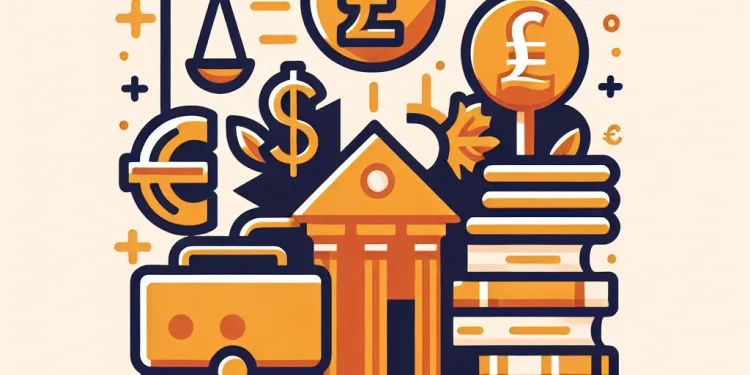
How do I notify HMRC of someone’s death?
Relevance: 45%
-

What is a P800 form and how does it relate to my tax refund?
Relevance: 45%
-
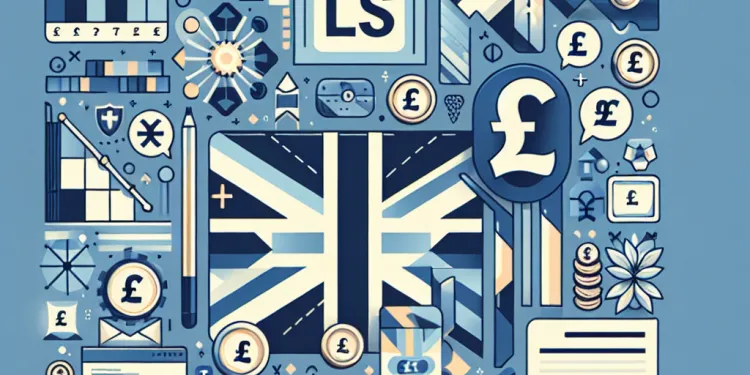
Can I dispute a tax refund decision from HMRC?
Relevance: 44%
-
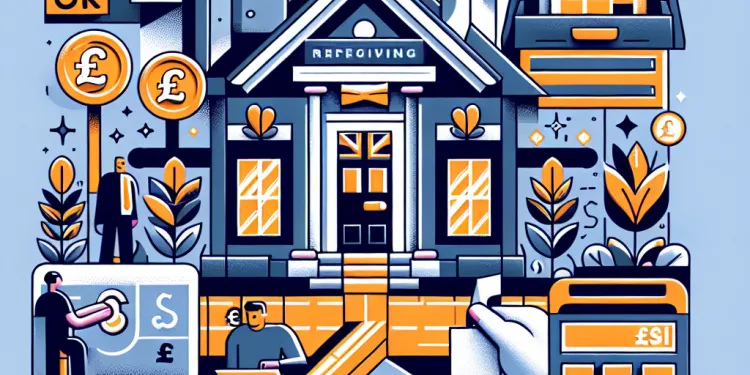
Can I receive my tax refund directly into my bank account?
Relevance: 44%
-

I received a refund but think I owe tax instead. What should I do?
Relevance: 42%
-

Do I need to inform HMRC about the death?
Relevance: 42%
-
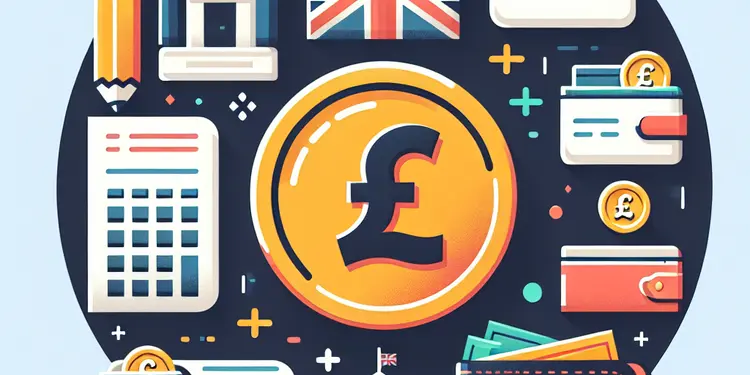
Are refunds for overpaid Council Tax taxable?
Relevance: 42%
-

When will the new HMRC tax changes be officially confirmed?
Relevance: 39%
-
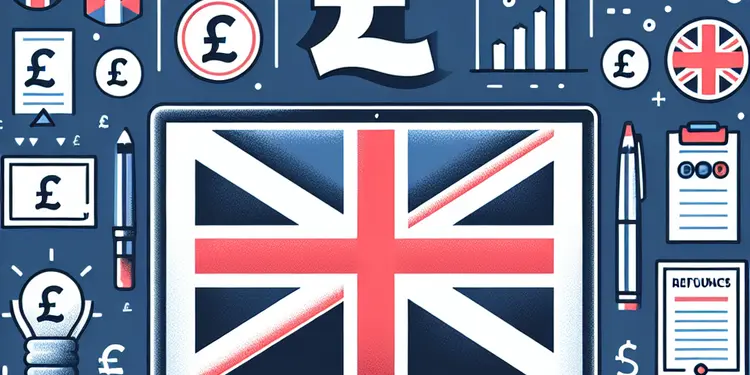
Do online tax services help maximize my refund?
Relevance: 38%
-

Is there a time limit for claiming a refund on overpaid Council Tax?
Relevance: 38%
-
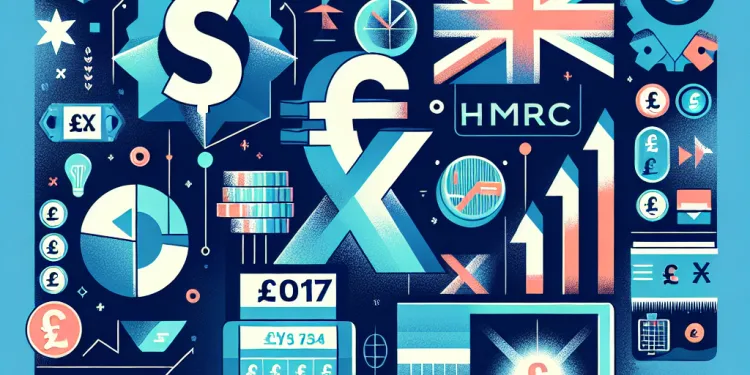
What are HMRC Income Tax Changes in April 2026?
Relevance: 36%
-
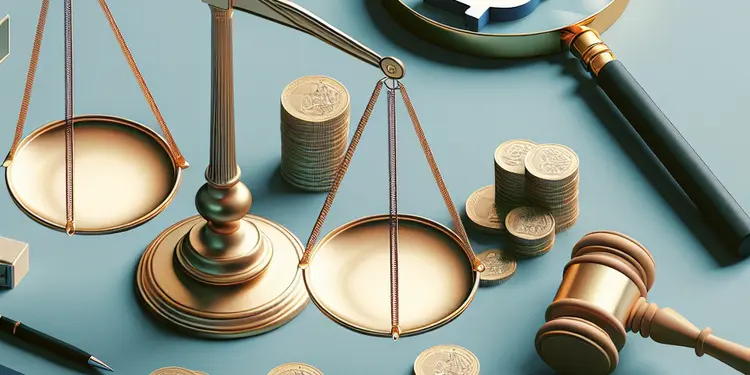
Can I appeal against a penalty from HMRC?
Relevance: 35%
-

Can Stamp Duty be refunded in the UK?
Relevance: 34%
-

How does HMRC inform you about penalty points?
Relevance: 34%
-

What if I've moved since the tax year ended?
Relevance: 34%
-

What information do I need to provide to claim my refund?
Relevance: 33%
-

Will my council send a refund check if I overpay?
Relevance: 33%
-

What happens after I file my tax return online?
Relevance: 32%
-
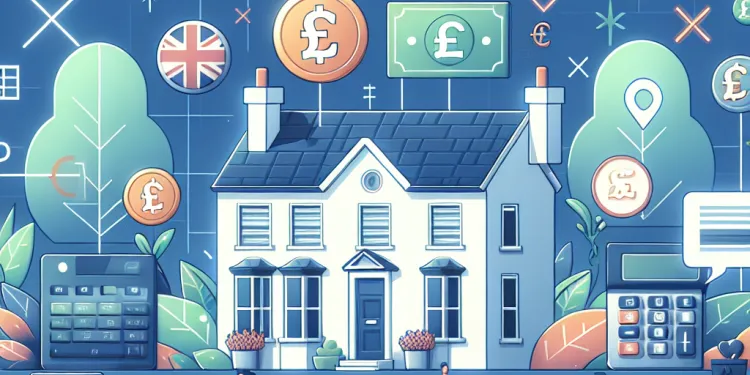
What is the HMRC Employer Bulletin?
Relevance: 32%
-

Does the HMRC Employer Bulletin provide guidance on compliance?
Relevance: 31%
-
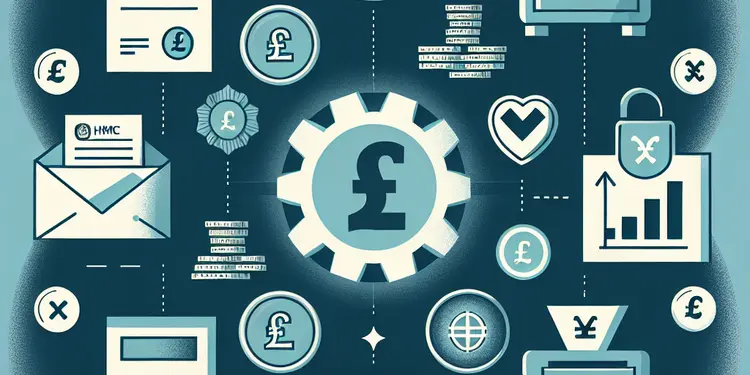
Do I need to provide financial evidence to HMRC for the arrangement?
Relevance: 31%
-

Is the HMRC Employer Bulletin relevant for small businesses?
Relevance: 31%
-
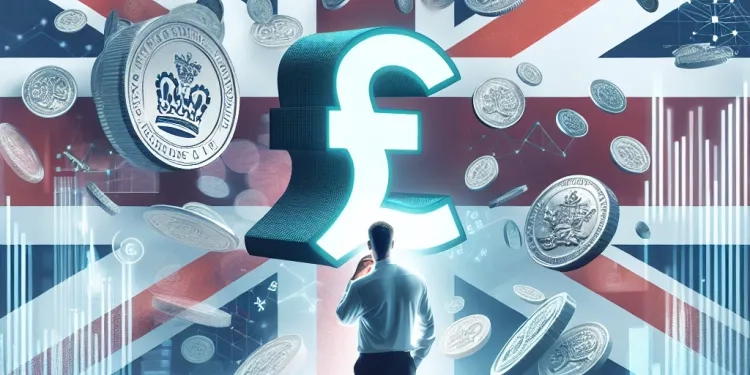
What are the HMRC income tax changes coming into effect in April 2026?
Relevance: 31%
-

Is the HMRC Employer Bulletin free?
Relevance: 31%
-
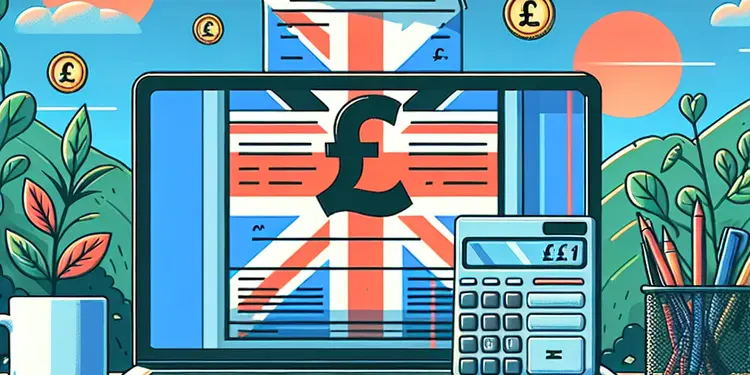
What if I make a mistake on my tax return?
Relevance: 31%
-
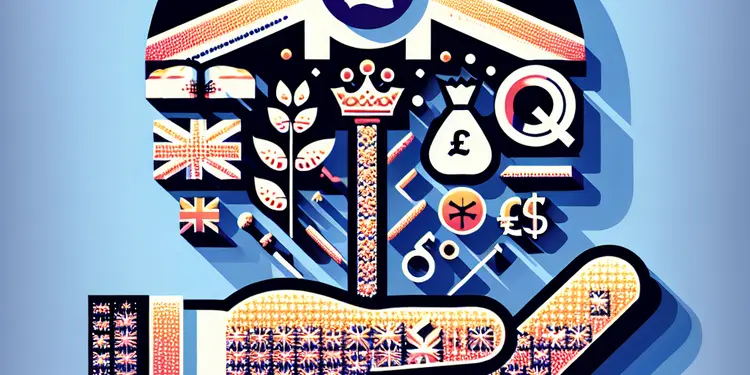
Can Inheritance Tax be claimed back?
Relevance: 31%
-

What is the HMRC's new penalty point system?
Relevance: 31%
Introduction to HMRC Tax Refund Letters
An HMRC tax refund letter is a communication from Her Majesty's Revenue and Customs (HMRC) to an individual or business in the United Kingdom. This letter notifies the recipient that they have overpaid on their taxes and are eligible for a refund. Understanding these letters is crucial as they directly impact your financial obligations and can indicate a return of your money.
Why You Might Receive an HMRC Tax Refund Letter
There are several reasons you might receive a tax refund letter from HMRC. It could be due to changes in your income or tax code during the year, or you may have overpaid taxes through your Pay As You Earn (PAYE) scheme. Self-employed individuals might find discrepancies when they reconcile their annual tax returns, leading to overpayment and entitlement to a refund.
Contents of an HMRC Tax Refund Letter
Typically, a tax refund letter will include details about the overpayment, specifying the tax year it applies to and the amount which HMRC intends to return. The letter will also provide instructions on how to claim the refund if the funds are not automatically transferred back to you. Crucially, the document might include guidance on updating your personal details to avoid future miscalculations.
Steps After Receiving a Tax Refund Letter
Upon receiving a refund letter, you should verify the details to ensure its authenticity and accuracy. Compare the information with your financial records to confirm the overpayment. If the letter asks you to respond or take specific actions, such as verifying your bank details through an approved HMRC portal, it is essential to do so promptly to facilitate the refund process.
Beware of Scams
It's important to note that tax refund scams are prevalent, where fraudsters impersonate HMRC to obtain personal information. Always confirm the legitimacy of any correspondence by checking the official HMRC website or contacting them directly through recommended channels. Avoid sharing sensitive information via email or phone unless you are sure about the authenticity of the request.
Conclusion
Understanding an HMRC tax refund letter is vital for ensuring that any entitled refunds are received promptly and accurately. These letters serve as an opportunity to correct overpayments that have been made throughout the tax year. Staying informed about the processes involved and cautious about potential scams will help protect your financial interests. If in doubt, seek advice from a tax professional or directly consult HMRC for clarification.
What is an HMRC Tax Refund Letter?
An HMRC tax refund letter is a message from the tax office in the UK. It tells you that you paid too much tax and you can get some money back. It is important to understand these letters because they can give you back money that belongs to you.
Why You Might Get an HMRC Tax Refund Letter
You might get this letter if your job or the amount of money you earn changes. It might also be because you paid too much tax through your job. People who work for themselves might also get money back if they paid too much tax.
What is in an HMRC Tax Refund Letter?
The letter will tell you how much tax you paid too much. It will also tell you which year this happened. The letter explains how to get your money back. It might also tell you to update your personal information so that this does not happen again.
What to Do When You Get a Tax Refund Letter
When you get a refund letter, check it carefully. Make sure everything is correct by looking at your own money records. If the letter asks you to do something, like check your bank details using the HMRC website, do it quickly to get your money back faster.
Watch Out for Scams
Some people pretend to be from HMRC to steal personal information. Always check if a letter is real by looking at the HMRC website or calling them directly. Never give personal details over email or the phone unless you are sure it is safe.
Final Thoughts
Knowing about HMRC tax refund letters is important to get your money back. These letters help fix mistakes in tax payments. Stay careful and watch out for scams. If you are unsure, talk to a tax expert or HMRC for help.
Frequently Asked Questions
What is an HMRC tax refund letter?
An HMRC tax refund letter is a communication from the UK's HM Revenue and Customs office indicating that you are due a tax refund.
How does HMRC notify you of a tax refund?
HMRC typically notifies taxpayers of a tax refund through a P800 or Simple Assessment letter.
What should I do if I receive a tax refund letter from HMRC?
You should follow the instructions in the letter, which may involve checking your tax account online and confirming your bank details for direct deposit.
Is it possible to receive a fraudulent HMRC tax refund letter?
Yes, scammers sometimes send fake tax refund letters. Always verify directly with HMRC if you suspect fraud.
How can I verify the authenticity of my HMRC tax refund letter?
You can verify a letter's authenticity by contacting HMRC directly through their official channels.
Can I access my tax refund status online?
Yes, you can check your tax refund status through your personal tax account on the HMRC website.
What information is typically included in an HMRC tax refund letter?
The letter usually includes the amount of the refund and instructions on how to receive it.
How long does it take to receive an HMRC tax refund after getting the letter?
Refunds are generally processed within 5 working days if bank details are provided, but it can take longer.
What if the refund amount mentioned is incorrect?
If you believe there is an error in the refund amount, you should contact HMRC to discuss it.
Can I receive my tax refund via cheque?
Yes, if bank details are not on file or you choose this option, HMRC can issue a refund via cheque.
Do I need to report my tax refund to my accountant?
While it may not be necessary, it is often a good idea to inform your accountant about any tax refund.
What if I did not receive my refund after getting the letter?
You should contact HMRC if you do not receive your refund within the expected time frame.
Who is eligible for an HMRC tax refund?
Eligibility for a tax refund depends on over-payment of taxes, eligible tax credits, or adjustments.
What causes HMRC to issue a tax refund?
Common reasons include overpayment of taxes, adjustments to income or tax credits, and changes in tax codes.
What should I do if I disagree with the refund decision?
If you disagree, you can appeal the decision by contacting HMRC and providing additional information.
Is it mandatory to claim a tax refund if eligible?
No, it's not mandatory, but it is advisable to claim to recover overpaid taxes.
Can my tax refund be offset by other debts?
Yes, HMRC can offset your tax refund against other debts you may owe the government.
How do I update my bank details for receiving the refund?
You can update your bank details by logging into your HMRC account and following the instructions.
Will receiving a tax refund affect my future tax returns?
Receiving a tax refund should not affect your future tax returns, but keep records of the refund.
Can I refuse a tax refund?
Technically, you can choose not to claim a refund, but it's advisable to recover any overpaid taxes.
What is an HMRC tax refund letter?
An HMRC tax refund letter is a letter from the UK government. It tells you that you paid too much tax.
If you get this letter, it means you will get some money back.
Tip: Ask someone you trust to read the letter with you. They can help you understand it better.
A tax refund letter from HMRC is a letter from the UK tax office. It tells you that you will get some money back from your taxes.
How does HMRC tell you about getting money back?
HMRC will let you know if they owe you money. This is called a tax refund. Here is how they might tell you:
- Letter: They can send a letter to your house.
- Email: They might send you an email.
- Online Account: You can check your online account with HMRC.
If you need help, you can ask someone you trust to read the letter or email with you. You can also call HMRC and ask questions if you're not sure.
HMRC sends you a letter to tell you if you paid too much tax. This letter is called a P800 or a Simple Assessment letter.
What to do if you get a tax refund letter from HMRC?
If you get a letter from HMRC that says you can get some money back, don’t worry. Here’s what you can do:
- Read the letter carefully. Ask someone for help if you need it.
- Check if the letter is real. You can call HMRC to make sure.
- If it’s real, follow the steps in the letter to get your money back.
You can use tools like a magnifying glass to read better or ask someone to read it to you. Using a notebook to write down important points can also help.
You should do what the letter says. This might mean looking at your tax information online and making sure your bank details are correct for getting money directly into your bank account.
Can you get a fake tax refund letter from HMRC?
Yes, bad people sometimes send fake letters about tax refunds. Always check with HMRC if you think it might be a trick.
How can I check if my HMRC tax refund letter is real?
You can check if a letter is real by reaching out to HMRC. Use their official phone number or website to do this.
Can I check my tax money online?
You can see if your tax refund is ready by going online. Here is how you can do it:
- Use a computer, tablet, or smartphone.
- Go to the tax website.
- Look for "Check my refund" or similar words.
- You might need your personal details, like your name or tax number, to log in.
If you find it hard, ask someone you trust to help you.
Yes, you can see where your tax refund is by checking your personal tax account on the HMRC website.
What information is usually in an HMRC tax refund letter?
A tax refund letter tells you about money that HMRC will give back to you.
This letter usually has this information:
- Your name and address: This tells you who the letter is for.
- Tax year: This says what year the refund is for.
- Amount: This shows how much money you will get back.
- How you will get the money: This says if the money will be in your bank or by a check.
- What to do if you think it is not right: This tells you what to do if you have questions.
If you find it hard to read, ask a friend or family member to help. A magnifying glass or reading software can also make it easier.
The letter tells you how much money you will get back. It also tells you how to get your money.
How long will I wait for my tax money back after getting a letter from HMRC?
You might have to wait a few weeks.
If you do not get your money, you can call for help.
Ask someone you trust to help you understand the letter.
Use a calendar to track the days.
You will usually get your money back in 5 working days if you give us your bank details. Sometimes it can take more time.
What if the refund amount is wrong?
If you think the refund money is wrong, talk to HMRC about it.
Can I get my tax refund as a check?
You can ask to get your tax refund as a check. A check is a piece of paper that tells the bank to give you money. If you want help, you can ask someone you trust to help you fill in the forms. You can also use a calculator to make sure the numbers are right.
Yes, if the bank details are not saved or if you pick this choice, HMRC can send your money back with a check.
Should I tell my accountant about my tax refund?
It’s a good idea to tell your accountant if you get a tax refund. You don’t have to, but it can help.
What if I did not get my money back after the letter?
If you got a letter but did not get your money back, don't worry. Try these steps:
- Check the letter: Read the letter carefully. It might say when you will get your money back.
- Wait a little longer: Sometimes it takes time. Wait a few more days.
- Ask for help: You can call or email the place that sent the letter. They can help you.
Remember, it's okay to ask someone you trust for help with reading the letter or making a call.
If you do not get your money back when you expect, you should tell HMRC.
Who can get money back from HMRC?
If you paid too much tax, HMRC might give you some money back. Here are some ways to know if you can get money back:
- You changed jobs.
- You only worked for part of the tax year.
- You spent money on things needed for your job.
You can use a family member, friend, or online tools to help you check if you can get a refund.
You can get money back from taxes if you have paid too much money, have special credits, or need to make changes.
Why does HMRC give a tax refund?
Here are some simple reasons why HMRC might give you money back:
- Too much tax paid: Maybe you paid more tax than you needed to.
- Job changes: If you changed jobs, the tax might not be right.
- Work expenses: You might have spent money for work that can be counted.
If you think you should get a refund, you can:
- Check your tax number on your payslip.
- Use the HMRC website to see if they owe you money.
- Call or write to HMRC for help.
People might get money back from taxes because they paid too much, their income changed, they got more tax credits, or the tax rules changed.
What can I do if I don't agree with the money-back decision?
If you do not agree, you can ask HMRC to look at it again. You need to tell them why and give more information.
Do you have to ask for a tax refund if you can get one?
No, you don't have to do it, but it is a good idea to claim if you paid too much tax.
Can the money I get back from taxes be used to pay other debts?
Sometimes the money you get back from doing your taxes might be used to pay off money you owe somewhere else. When this happens, it's called "offset." Here are some things to remember:
- If you owe money to the government, like unpaid child support or student loans, they might take that money from your tax refund.
- You will get a letter to tell you if your refund will be used this way.
- If you have questions, ask a grown-up that you trust to help you understand.
- You can also use a calculator to help you see how much money you might get back.
Remember, it's important to pay off any money you owe as soon as you can.
Yes, HMRC can use your tax refund to pay other money you owe the government.
How can I change my bank details to get my money back?
If you need help changing your bank details, you can ask a friend or family member.
Try using a notepad to write down what you need to do. This can help you remember all the steps.
You can change your bank details. Just log in to your HMRC account and follow the steps they give you.
Will getting money back from taxes change my taxes next year?
It's okay to get money back from taxes. It will not make your taxes go up next year.
If you need help with taxes, you can use a calculator or ask someone who knows about taxes.
Getting money back from your taxes won't change your future taxes. But it's good to keep a note of it.
Can I say no to getting tax money back?
You can decide not to get your tax refund, but it’s a good idea to get back any extra money you paid in taxes.
Useful Links
This website offers general information and is not a substitute for professional advice.
Always seek guidance from qualified professionals.
If you have any medical concerns or need urgent help, contact a healthcare professional or emergency services immediately.
Some of this content was generated with AI assistance. We’ve done our best to keep it accurate, helpful, and human-friendly.
- Ergsy carfully checks the information in the videos we provide here.
- Videos shown by Youtube after a video has completed, have NOT been reviewed by ERGSY.
- To view, click the arrow in centre of video.
- Most of the videos you find here will have subtitles and/or closed captions available.
- You may need to turn these on, and choose your preferred language.
- Go to the video you'd like to watch.
- If closed captions (CC) are available, settings will be visible on the bottom right of the video player.
- To turn on Captions, click settings .
- To turn off Captions, click settings again.
More Items From Ergsy search
-

HMRC Tax Refund letters
Relevance: 100%
-

What is an HMRC tax refund letter?
Relevance: 97%
-

Why did I receive a tax refund letter from HMRC?
Relevance: 84%
-

Do I need to keep my tax refund letter for future reference?
Relevance: 71%
-

I received a tax refund letter, but I haven’t overpaid any tax. What should I do?
Relevance: 69%
-

How can I verify that my tax refund letter is genuine?
Relevance: 69%
-

How do I claim my tax refund from HMRC?
Relevance: 67%
-

Will HMRC contact me via phone or email regarding my tax refund?
Relevance: 64%
-

How long does it take to receive a tax refund from HMRC?
Relevance: 61%
-

Is the tax refund amount taxable?
Relevance: 49%
-

Can my tax refund be applied to my future tax obligations?
Relevance: 48%
-

What happens if I do not claim my tax refund?
Relevance: 47%
-

How is the tax refund amount calculated?
Relevance: 47%
-

How do I notify HMRC of someone’s death?
Relevance: 45%
-

What is a P800 form and how does it relate to my tax refund?
Relevance: 45%
-

Can I dispute a tax refund decision from HMRC?
Relevance: 44%
-

Can I receive my tax refund directly into my bank account?
Relevance: 44%
-

I received a refund but think I owe tax instead. What should I do?
Relevance: 42%
-

Do I need to inform HMRC about the death?
Relevance: 42%
-

Are refunds for overpaid Council Tax taxable?
Relevance: 42%
-

When will the new HMRC tax changes be officially confirmed?
Relevance: 39%
-

Do online tax services help maximize my refund?
Relevance: 38%
-

Is there a time limit for claiming a refund on overpaid Council Tax?
Relevance: 38%
-

What are HMRC Income Tax Changes in April 2026?
Relevance: 36%
-

Can I appeal against a penalty from HMRC?
Relevance: 35%
-

Can Stamp Duty be refunded in the UK?
Relevance: 34%
-

How does HMRC inform you about penalty points?
Relevance: 34%
-

What if I've moved since the tax year ended?
Relevance: 34%
-

What information do I need to provide to claim my refund?
Relevance: 33%
-

Will my council send a refund check if I overpay?
Relevance: 33%
-

What happens after I file my tax return online?
Relevance: 32%
-

What is the HMRC Employer Bulletin?
Relevance: 32%
-

Does the HMRC Employer Bulletin provide guidance on compliance?
Relevance: 31%
-

Do I need to provide financial evidence to HMRC for the arrangement?
Relevance: 31%
-

Is the HMRC Employer Bulletin relevant for small businesses?
Relevance: 31%
-

What are the HMRC income tax changes coming into effect in April 2026?
Relevance: 31%
-

Is the HMRC Employer Bulletin free?
Relevance: 31%
-

What if I make a mistake on my tax return?
Relevance: 31%
-

Can Inheritance Tax be claimed back?
Relevance: 31%
-

What is the HMRC's new penalty point system?
Relevance: 31%


